KPBS Gratitude Collective aims to cultivate relationships with more women donors
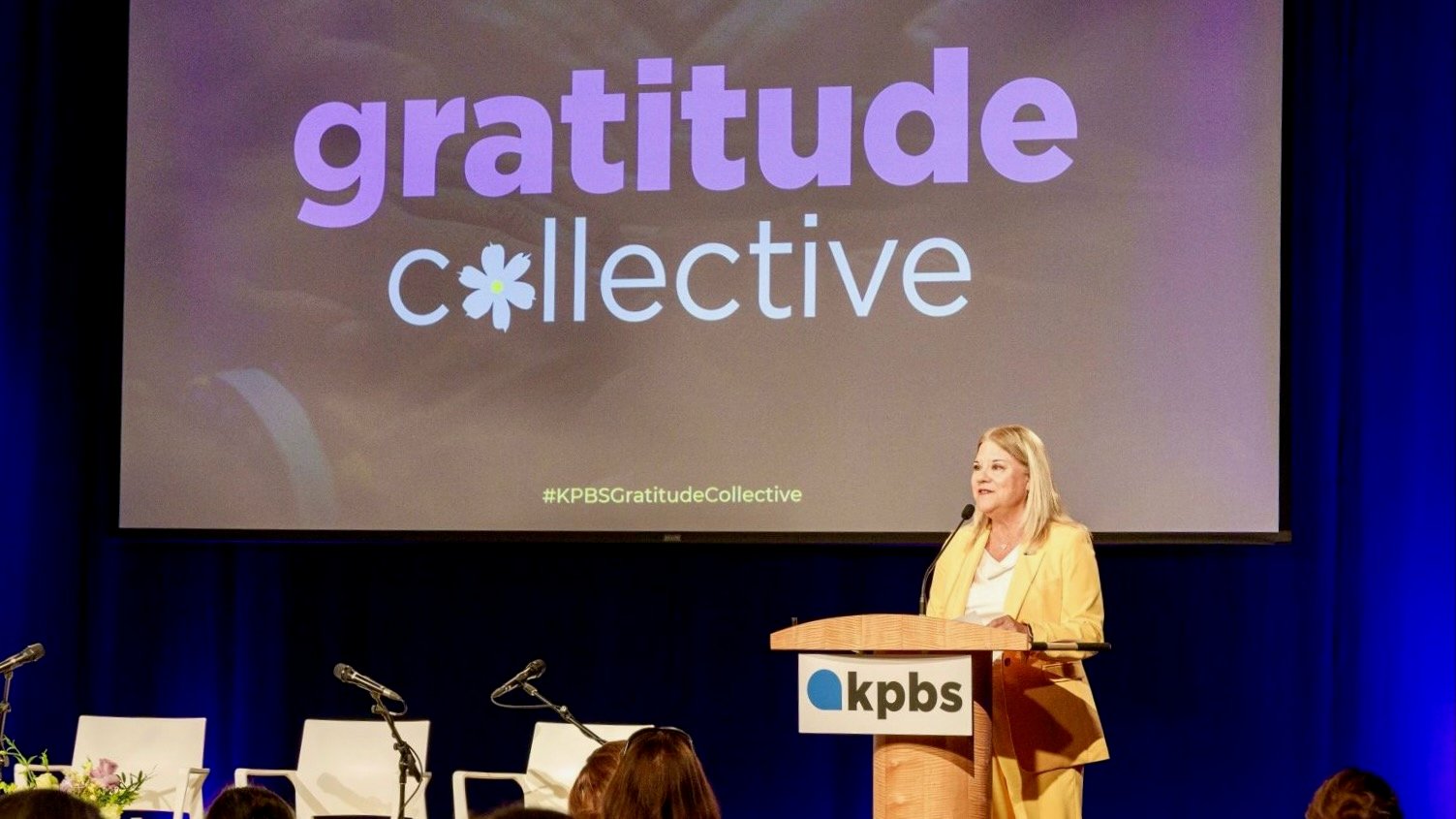
Marcus Aguirre / KPBS
KPBS GM Deanna Mackey welcomes guests to the inaugural gathering of the station's first women's giving circle.
KPBS GM Deanna Mackey aims to build a network of women donors who understand the power of community-based philanthropy.
The Gratitude Collective, a new KPBS giving program for women, brought more than 140 women together for its inaugural event in June. Attendees heard a research presentation on women in philanthropy and a conversation between Mackey and the collective’s co-chairs about their giving choices and why they support KPBS.
Women who donate $2,500 or more annually — either by themselves or with their spouses — are eligible to join KPBS’ Gratitude Collective network, which will host four exclusive events each year. Many who attended the June event weren’t giving at that level — yet.
The collective aims to draw attention to charitable giving by women, which Mackey said is not well-researched or understood — despite economists’ prediction that women will inherit the majority of a massive generational wealth transfer in the next few decades.
Plans for the giving group were built on findings from research coordinated last year by Public Media Women in Leadership, an organization Mackey established in her previous role as president of the Public Television Major Market Group.
The “Women’s Leadership Giving Study,” managed by Edison Research and the Giving Agency, showed that women give to organizations that align with their values and prefer to give collectively. The initial research phase involved in-depth interviews with women who donate to public media. Researchers also found that women tend to give in smaller amounts to several organizations, rather than in large sums to just one or two.
The Gratitude Collective aims to incentivize women to prioritize KPBS in their giving by showing them that the station’s services are essential to their community and in line with their values.
“KPBS values are very much aligned with a lot of the values that women want to be connected to in the nonprofits they serve, like integrity, like trust, like truth telling, [being] community centered, [being] supportive of women, things like that,” Mackey said.
Empowering women has been a key focus of Mackey’s public media career and her civic leadership. She founded PMWL in 2015 to help prepare women for chief executive roles in the industry. In addition to leading a Girl Scout troop, she served on the board of Girl Scouts San Diego. Mackey also volunteered with MANA de San Diego, a group that works to empower Latinas.
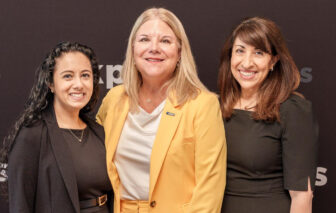
Early this year, Mackey began working with the KPBS development team and the collective’s co-chairs, Nishma Held and Valerie Attisha, to create the new giving program.
The team set the qualifying gift level at $2,500 with a goal of encouraging members of the $1,200-level Producer’s Club to increase their annual donations, Mackey said. The $2,500 threshold is also accessible to more women than high-level philanthropic donors. The team also set targets to retain donors at the $2,500 level with the incentives of exclusive events, she added.
Held and Attisha are key to the outreach strategy. Held is a corporate lawyer in the biotechnology and pharmaceutical industry who serves on KPBS’ advisory board. Attisha is VP of client and community relations at PNC Bank; she has worked with KPBS as a volunteer on its annual Be My Neighbor Day. As co-chairs, they are continually inviting women from their personal and professional networks to events where they’ll be encouraged to level up their donations and join the collective.
“It’s my way to be able to give back and to leverage and mobilize my own social network to support a cause that I care so deeply about,” Attisha told Current. “… It’s also the ability to connect people to something that is really important and is of value. And the whole adage, ‘You sometimes don’t realize what you have until it’s gone’ — I don’t want something to be gone before people realize how important it really is.”
‘Why do you give?’
The keynote speaker at the inaugural event was Jacqueline Ackerman, interim director of the Women’s Philanthropy Institute at the Lilly School of Philanthropy at Indiana University. The panel discussion with Mackey brought that research home when Held and Attisha opened up about the personal values that influence their charitable giving. The presentation also highlighted findings from the Women’s Leadership Giving study that were specific to KPBS.
The conversation aimed to prompt attendees to think about the institutions and causes that they support, Held said. “And that was kind of the push there,” she said. “Why do you give? And what makes you give and what matters to you when you give?”
Mackey described the June event as an “extraordinary experience.” In terms of age and ethnicity, attendees were the “most diverse group we’ve ever had at an event like this,” she said.
“People were just like a light bulb went on inside of them,” she said. “… They kept coming up and saying things like, ‘I made new friends at this event; It was so wonderful to be in a community of women; I sat with people I never met before, and I learned so much, and it helps me understand why I care about this community and want to connect to this community.’ A lot of people ask, ‘What’s next? What are you doing next?’”
Invitations to the inaugural event went to women already giving at least $1,200 to KPBS’ Producers Club. Mackey, Held, Attisha and a KPBS development officer each invited over a dozen women from their own networks who weren’t yet donating at that level.
Since then, more than 100 women have committed to joining the group by either renewing their $2,500 annual gifts or increasing them, Mackey said.
The Gratitude Collective’s next event coincides with KPBS Next, an annual “state of the station” event for Producer’s Club donors, sponsors and other community partners on August 26. Collective members will be invited to an exclusive discussion with women journalists from the KPBS newsroom. In December, the collective will host a holiday tea party.
Beyond these events, Mackey mentioned the potential for Gratitude Collective KPBS studio tours. Attisha suggested smaller, more frequent events like group dinners.
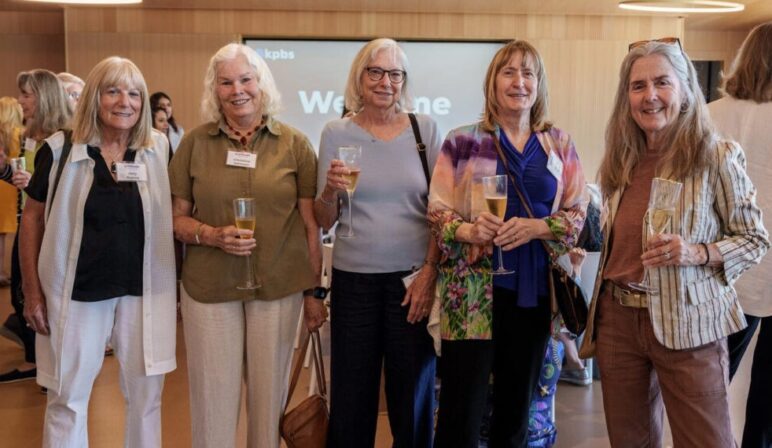
‘Everything is going to contribute’
Congressional rescissions of CPB’s funding weren’t a factor in plans for the Gratitude Collective’s launch, Mackey said.
The loss of CPB funding, which will take effect in October, strips $4.3 million from KPBS’ revenues. That’s about 12% of its annual budget. KPBS launched a separate fundraising campaign to help make up for the rescinded CPB funding. Mackey said she doesn’t expect donations from the collective to close the gap but added, “Everything is going to contribute.”
Reflecting on what the rescission means for the Gratitude Collective, Attisha described how the group’s goals have expanded beyond the original ideas to build awareness of women in philanthropy along with a network of women who support public media.
“It’s also to broaden awareness of KPBS, and to shine a light really on why it’s so important to support KPBS at this sort of very critical juncture,” she said.
Held echoed the sentiment.
“Just having that light bulb come on in people’s minds — to realize that they’re already utilizing the services and it’s already a big part of their lives — is super important to getting people to want to give,” Held said.
Researching women’s philanthropy
Last year, PMWL invited stations to participate in the Women’s Leadership Giving research project, which looked specifically at why women give to public media stations and how public media fits into the values that influence their charitable giving. Researchers interviewed 25 women donors from five stations who contribute $1,200 or more annually. The Giving Agency continues to investigate more broadly with an online survey. Mackey said more than 2,000 women have completed it so far.
Mackey also sees the Gratitude Collective as an investment in KPBS’ future, citing research that shows women will inherit the majority of what’s dubbed the “great wealth transfer.” That term references the estimated $100 trillion or more that Baby Boomers will pass to their children in the next 25 years. It’s projected to be the largest transfer of wealth between generations yet.
“This potential for the great transfer of wealth is happening. It’s happening now. It’s going to continue to happen,” Mackey said. “And women will have access to these funds, and they’ll have decisions to make about how they use the money.”
“And why shouldn’t KPBS and public media be one of the things that are prioritized, when you think of the deep impact we have on people’s lives, literally all day?”


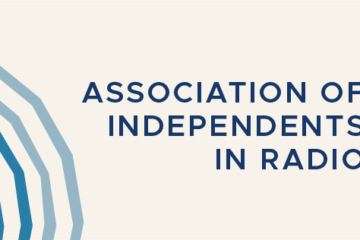
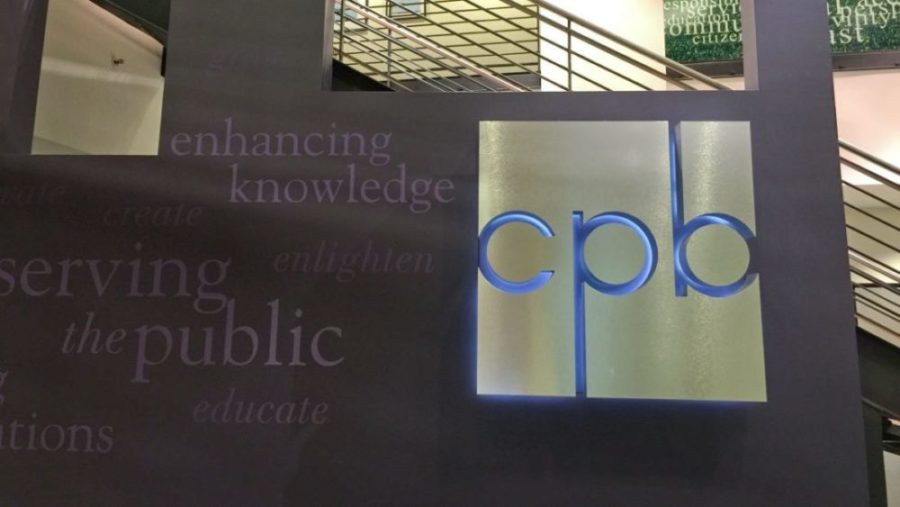
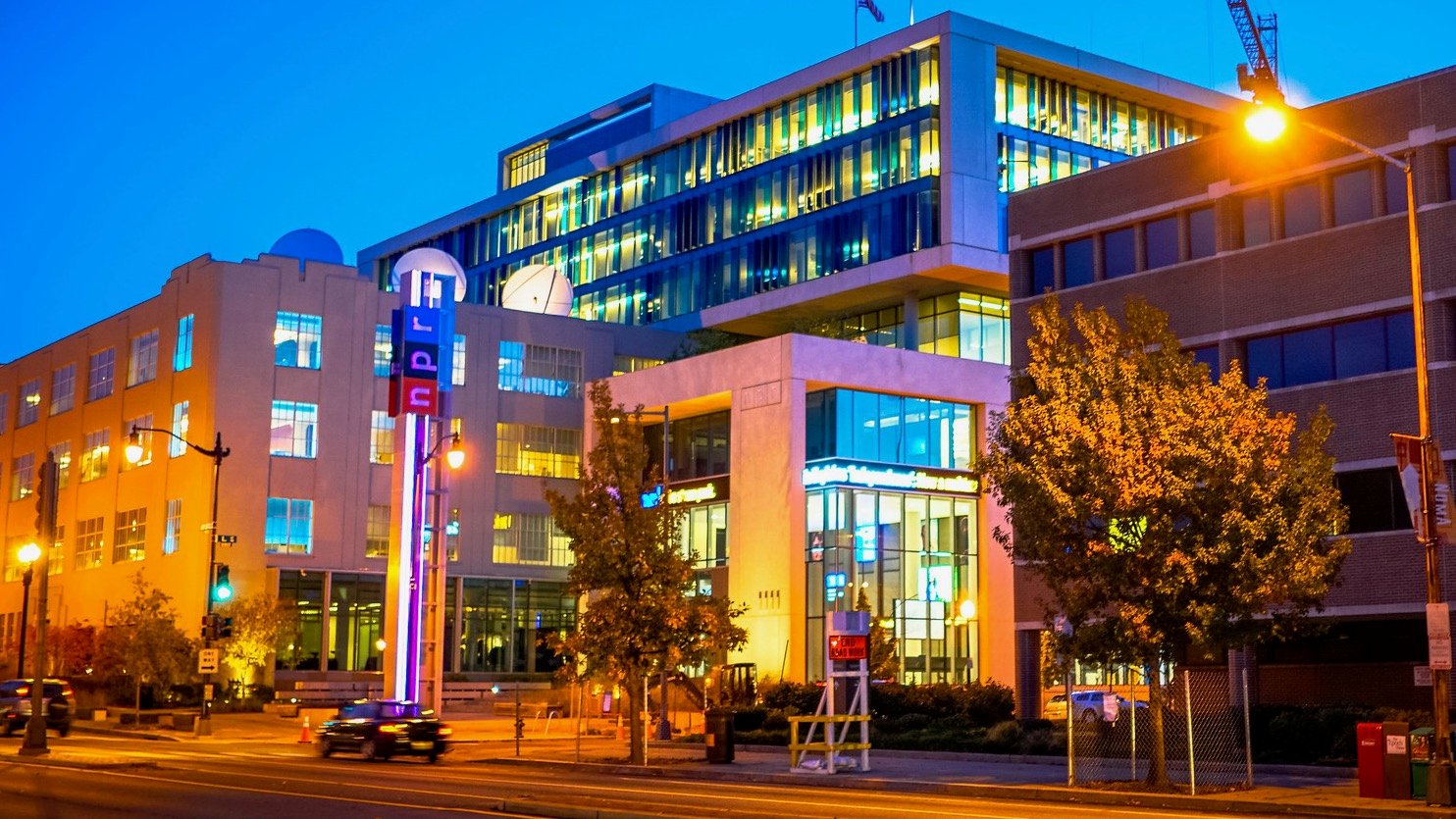



Congrats to Deanna! This is a wonderful concept. I imagine it may be replicable at other pubcasters too. Exciting!